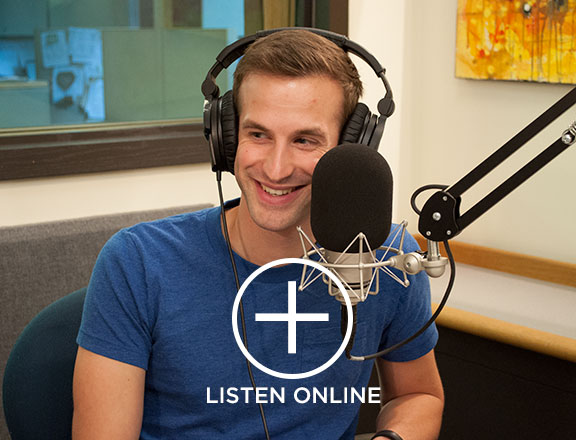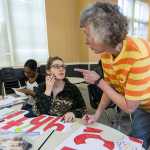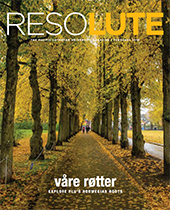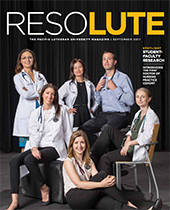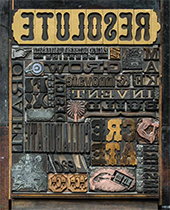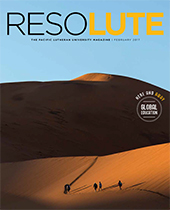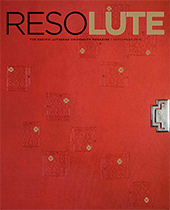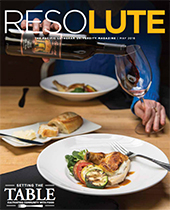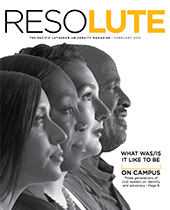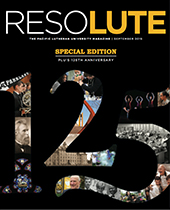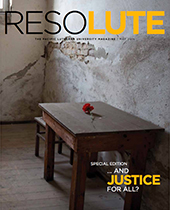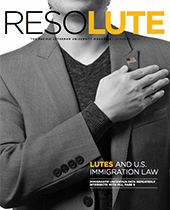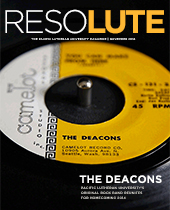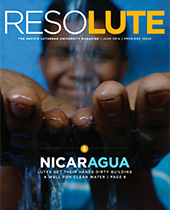“Everyone we talk to always had to take a big leap to get where they wanted to be,” said Chad P. Hall ’10, one of the co-creators of the podcast. “They took a leap of confidence.”
Having just wrapped up their second season, Hall and Jp Avila, associate professor of Art & Design at PLU, have approached the podcast as a way to talk about design with designers at the beginning of their careers.
In the podcast, Avila and Hall discuss the career journeys designers travel, how they got into design and their thoughts on the field.
“It’s being able to have these conversations in this unique setting. It gives you a freedom to have deep conversations,” Hall said. “It allows you to ask questions you’ve never felt you had the permission to ask before.”
Plenty of podcasts engage people who are at the top of their profession, but what gets lost is their journey. Hall and Avila try to retrace that journey with guests ranging from seasoned professionals in more traditional graphic design roles, to designers who are user experience experts in website design, to those who teach about the world of design.
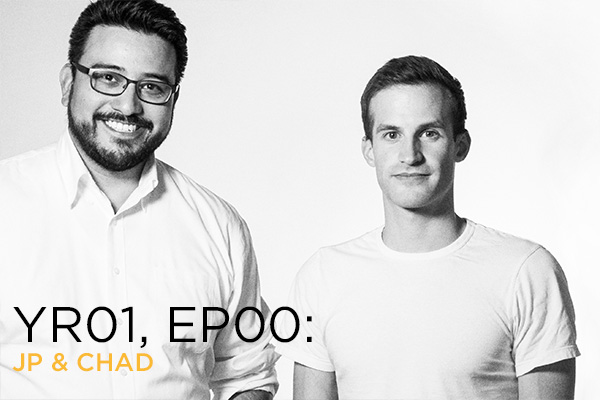
YR01, EP00 — Jp & Chad
On this prototype podcast of This is Design School, Jp Avila and Chad Hall interview each other to test out what it would take to make a podcast.
The discussions find their way beyond their guests’ journeys and intertwine with topics about graphic design in the print and digital world to sustainability practices and overall principles. The hosts and guests explore design with the knowledge that it is so much more than just understanding visuals. Design is figuring out how a visual narrative works in print and digital mediums, how that functions, and the experience the consumer has with the design.
In season one, the two would ask their guests whom they should interview next. To their surprise, each person they asked was eager to join them and from there the network of guests ballooned.
Nearly two years ago, the podcast idea took root when Avila met with Hall for one of their monthly lunches. Hall was a student of Avila’s and the two had stayed in touch, while Hall pursued his master’s in design at the University of Washington.
The challenge of how to get to the next step in a design career sparked the conversation. Hall, who is living through those early stages, saw how the early practice allowed people to do exciting, innovative work.
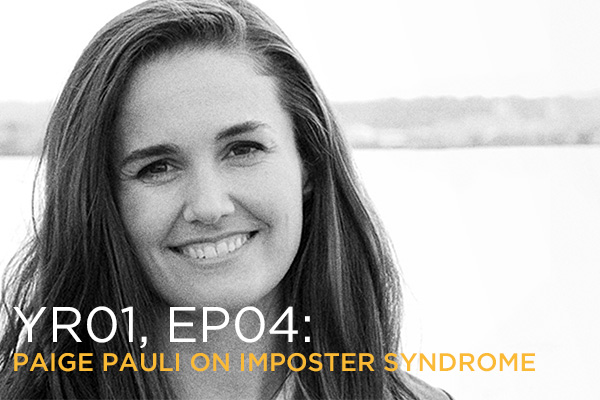
YR01, EP04 — Paige Pauli On Imposter Syndrome
On this episode of This is Design School, Jp Avila and Chad P. Hall interview Paige Pauli, a UX/UI designer and frontend developer at Simply Measured in Seattle.
“He said, ‘Let’s do this,’ ” Avila said.
The duo plan each interview from 30 minutes to an hour and release the discussions throughout the academic year from September to May.
Their guests have shared pieces of advice. They talk about not being afraid, taking big leaps, and not worrying about qualifications and skills to take that chance.
In a podcast from season one, UX/UI Designer Paige Pauli shares how she found the field. She didn’t enter college with the intention of becoming a designer. She started in neuroscience, but as her academic career continued she discovered a true love for art.
“Looking back on my whole life there are all these stepping-stones that I didn’t piece together until I finally arrived,” she said during the podcast.
Upon graduation a health issue caused her to take a job as an office assistant so she could obtain health insurance, but that desire to design never left. She enrolled in classes to learn how to code for websites and slowly built up her skills and experience. During her experiences designing websites for small businesses, she discovered how she loved applying her visual and coding skills to build out the blueprint for how someone interacts with software or web applications.
“I often say that design is a glue to hold the user to the data,” Avila said. “It’s a designer’s job to help you find and make that connection.
“Did we prepare you to be ready for the job? To be adaptable? To be ready to move to the next level?” Avila asks of how well he’s taught his students. “I think design education has become such a vital component of how we communicate.”
After responding, Avila said, “You’re telling me you like to make pretty things.”
“I knew when he was saying that, it was the right answer and the wrong answer,” Hall said. “It is making pretty things, but it is also being very intentional. I fell in love with it because it was so gray. It wasn’t black and white.”
The podcast brings some of these voices to light and the discussion relates to what Avila sees in the classroom. “I think a lot of times students think, ‘I have these great ideas, but I don’t have any way of doing it,’” Avila said.
The podcast allows Avila and Hall to get an idea out there about the journey of design and how it applies to the world.
“As a designer you learn the principles,” Hall said. “Students kind of get frustrated because they are learning the basic elements of design, but once you get out into the world and you meet people those same sets of principles of design apply to experiences, interactions and products.
“It doesn’t have to be limited to what we see on paper and what we see on interfaces and screens.”
And now, as they get ready to plan their third season, they hope to take the conversation even further – not just talking to upcoming designers, but putting together themed shows with specific topics..
“Sometimes there are leaps that don’t seem like leaps until you think back upon it,” Hall said.

